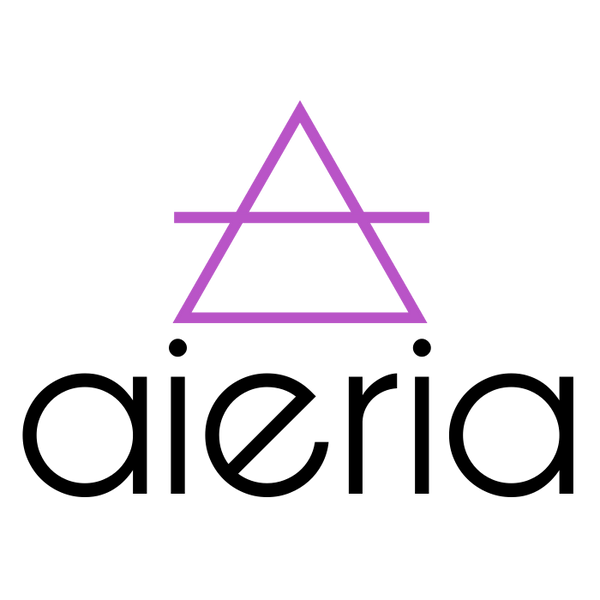What is a Peshtemal?
A peshtemal, also known as a hammam towel or Turkish towel, is a flat woven cotton towel with historical significance in Ottoman culture. Traditionally used in Turkish baths (hammams) to cover and dry the body, peshtemals have evolved to serve various purposes in modern times.
In contemporary settings, peshtemals have found their way into homes, beaches, gyms, and other locations due to their versatility. They serve as throws for sofas and beds, essential items for travel due to their lightweight nature, and even double as stylish shawls. The appeal of peshtemals lies in their practicality, making them suitable for use anytime and anywhere.
AIERIA hammam towels stand out for their exceptional quality, primarily attributed to the use of premium long-staple Turkish cotton in their production. Compared to conventional cotton, Turkish cotton boasts longer fibers, ensuring high water absorbency and a gentle feel on the skin. Furthermore, the flat-woven design of Turkish hammam towels facilitates quick drying, preventing bacterial buildup and odours. Their eco-friendliness is evident as they require less water, electricity, and detergent during washing.
The outstanding feature of AIERIA hammam towels lies in the fact that the more they are washed, the softer and more absorbent they become, thanks to the premium Turkish cotton fiber. These towels embody everything one could desire from a towel and more.
The production of Turkish hammam towels was historically a small-scale, family-run endeavours, and today, AIERIA continues to collaborate exclusively with artisanal weaving mills. These mills have upheld the tradition of using manually operated or semi-automatic looms, and many weavers are officially certified for their cultural heritage craftsmanship by the Ministry of Culture in Turkey.
In contrast, since Turkish hammam towels gained popularity in international markets, conventional textile companies have entered the industry. However, not all of them adhere to the key factors of traditional weaving practices and quality in raw materials. A significant proportion of them opt for imported and/or regenerated cotton, forsaking the locally cultivated, long-staple Turkish cotton known for its exceptional qualities. Moreover, the adoption of automatic power looms adds additional strain to the already inferior cotton threads, further compromising the overall product quality. This compromise in materials and technique leads to a decline in product quality, resulting in hammam towels that wear out and pill quickly, transforming them into items characteristic of fast fashion, rather than durable heirloom pieces that could last for decades.
A quick comparison, even online, can reveal the stark differences between authentic and mass-produced hammam towels. The thickness of the tassels, for instance, is a telltale sign of the superior yarn quality and weaving technique. A medium-weight yarn is ideal for hammam towels. This thickness provides a good balance of absorbency, durability, and softness.
If the tassels appear too thin, it's best to avoid such products, as they are often mass-produced and may lack the necessary absorbency and durability.
Good raw materials make good end products. Invest in quality, reap the benefits.
